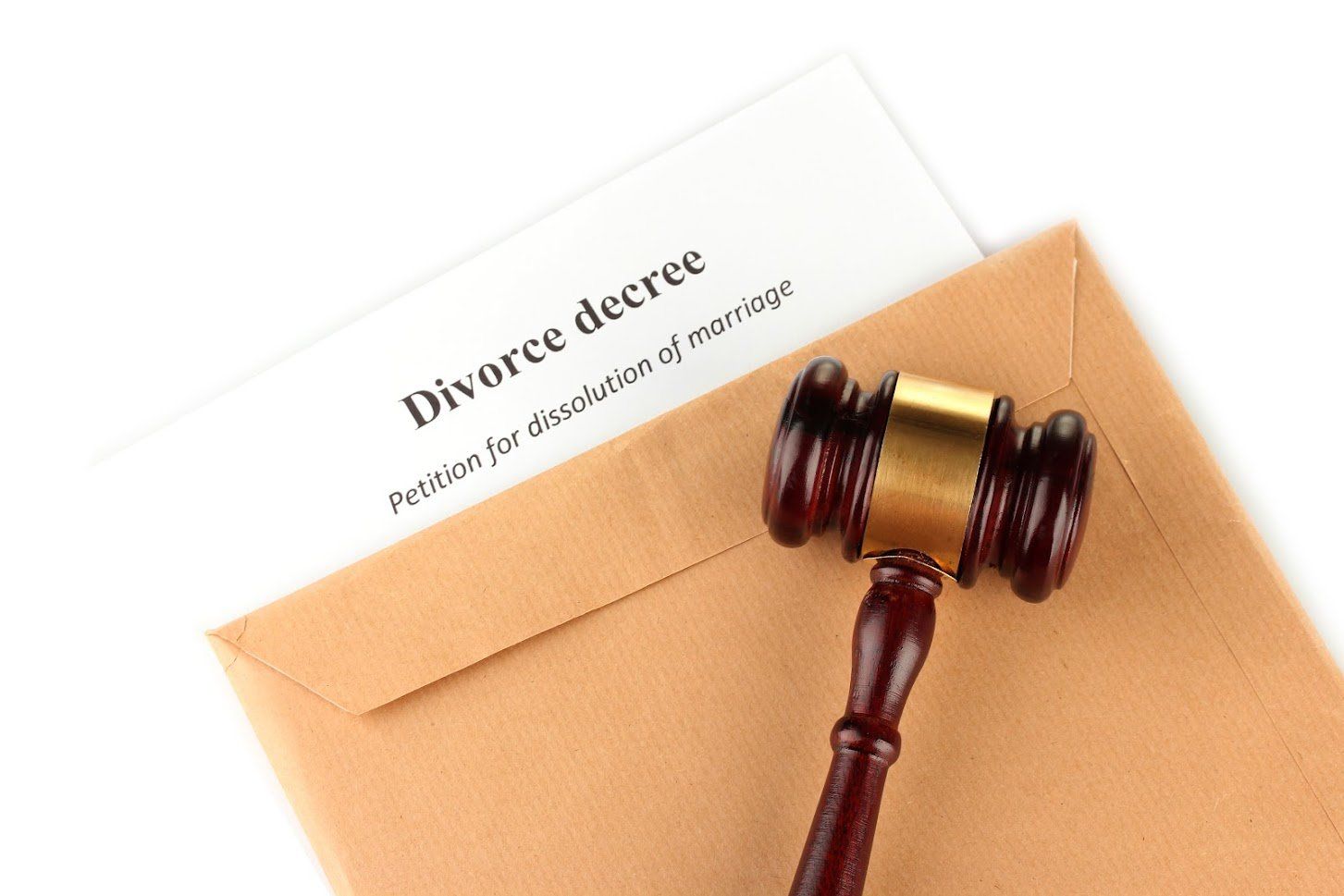
Evergreen Family Law Group PLLC
Trust 40+ years of divorce experience serving Snohomish County.

Evergreen Family Law Group PLLC
(formerly known as Law Office of Leonard E. Kerr)
(formerly known as Law Office of Leonard E. Kerr)
Trust 40+ years of divorce experience serving Snohomish County.
Call us for a free consultation
Everett: 425-783-0044
Lynnwood: 425-672-9533
Separation vs. Divorce: Understanding the Legal Provisions in Washington
The decision to end a marriage is never an easy one. When faced with this reality, couples must navigate the legal system to end their marriage officially. In Washington state, couples have two options when ending their marriage—separation or divorce. Both options have some legal provisions that you must follow for the process to be valid.
This blog post explores the legalities of separation and divorce and provides insights for those considering these options.
Definition and Legalities of Separation
Legal separation is a process that married couples can opt for when they're unsure if they want to end their marriage permanently. It's usually an option for couples who wish to live separate lives but don't want to go through a full divorce process.
In Washington, a legal separation action will address issues, such as, the division of property, division of debts, and child custody. A legal separation action closely mirrors the issues that are otherwise addressed in a divorce action, but a legal separation does not result in a full termination of the marital status. This may have impacts on health insurance and other benefits associated with being married.
After a legal separation decree is entered with the court and the case has concluded, any time after six (6) months, either party may request for the legal separation decree to be converted into a decree of dissolution (divorce).
Definition and Legalities of Divorce
Divorce is the legal termination of a marriage. In Washington, the law allows for two types of divorce—contested and uncontested.
An uncontested divorce is the most amicable and cost-effective way to get a divorce when couples agree on all matters, including property division, spousal support, and child custody. It's also the fastest way to end a marriage, but you still must comply with the required legal steps.
A contested divorce is more complicated and usually involves a court hearing or trial if couples cannot agree on the terms of their separation. In this case, the court will step in to make decisions about these matters based on the best interests of the parties involved.
Both parties may need to hire lawyers and present their cases in court for a judge to make a ruling on the matter. This process will require more time and resources, but it might be the only way to settle these matters fairly.
Critical Differences Between Legal Separation and Divorce
The most significant difference between separation and divorce is that separation does not legally end the marriage. Couples can separate financially and physically and live like they're divorced without ending the marriage.
Moreover, separation allows couples to reconcile their differences and resume their marital relationship. But in a divorce, the marriage is permanently terminated.
In a legal separation, couples can separate their finances, property, and debts and create a child custody arrangement as they would in a divorce case. However, they cannot remarry unless they convert their legal separation into a divorce.
Note that any post-separation or post-divorce income won't be considered marital property unless one party uses marital assets to acquire it. This is the same for the debt—any post-separation debts are not considered marital and thus won't be shared between both spouses.
Legal separation and divorce are complex legal processes with unique consequences. Couples must first understand the legalities of each option and consider factors such as finances, children, and emotions before they make a decision.
Whatever your circumstances are, seek legal advice from us at Evergreen Family Law Group, PLLC, so we can help you make an informed decision about which route to take. Our experienced lawyers can advise you on the implications of both options and help you understand the legal requirements for each. Our job is to protect your best interests throughout the entire process.
Contact Information
Evergreen Family Law Group PLLC
Phone: 425-783-0044
Address: 2722 Colby Ave Ste 700 Everett, WA 98201
Serving Everett, Washington and the surrounding communities in Snohomish County, including Bothell, Mill Creek, Edmonds, Lynnwood, Mukilteo, Snohomish, Monroe, Lake Stevens, Marysville, Arlington, Stanwood, and Camano Island.
No attorney/client relationship and/or privilege created or established by use/submitting information on this website.









